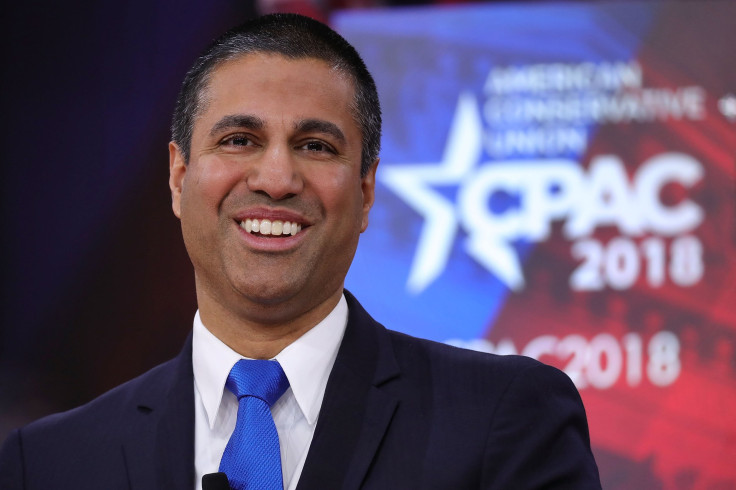FCC Proposes Limiting Program That Provides Internet To Low-Income Americans

A new proposal by U.S. Federal Communications Chairman Ajit Pai could result in millions of low-income households losing access to affordable internet services, Democratic senators have warned.
The proposal put forth by Pai, who was appointed to his position by President Donald Trump, would eliminate some providers supported by the Federal Communications Commission’s (FCC) popular Lifeline program that provides subsidies to consumers to make phone and internet service more affordable.
Under the proposal, the FCC would no longer allow resellers to participate in the Lifeline program. Resellers purchase network capacity from major network operators like Verizon, AT&T, T-Mobile and Sprint and resell it directly to consumers—often at a discounted price.
The Lifeline program, first launched in 1985, provides households a $9.25-per-month credit to be put toward the purchase of home internet service or mobile phone subscriptions. The program serves more than 12 million low-income Americans, and more than 70 percent of those who use the program to purchase wireless phone plans buy through resellers.
Pai has also proposed a budget cap on the program, which could severely limit the number of people it serves. Lifeline currently has a budget of $2.25 billion that is indexed to inflation but has no cap on how much it can spend to provide its service to American households. In 2015, the government spent $1.6 billion on the program. The FCC chairman has not yet expressed what the cap on Lifeline would be.
"Your proposal impacts over 70 percent of current Lifeline-recipient households by eliminating their wireless providers from the program, leaving less affordable and fewer Lifeline options, while making it more difficult for the companies trying to serve Lifeline customers," a number of Senate Democrat wrote in the letter to Pai.
"Instead of cutting the program, we should ensure Lifeline reaches more Americans in need of access to communication services," they added.
The letter was written by Sens. Kamala Harris, D-Calif.; Jeff Merkley, D-Ore.; Kirsten Gillibrand, D-NY; Edward Markey, D-Mass.; Ron Wyden, D-Ore.; Richard Blumenthal, D-Conn.; Elizabeth Warren, D-Mass.; Dick Durbin, D-Ill.; Cory Booker (D-NJ); and Bernie Sanders, I-Vt.
© Copyright IBTimes 2024. All rights reserved.





















